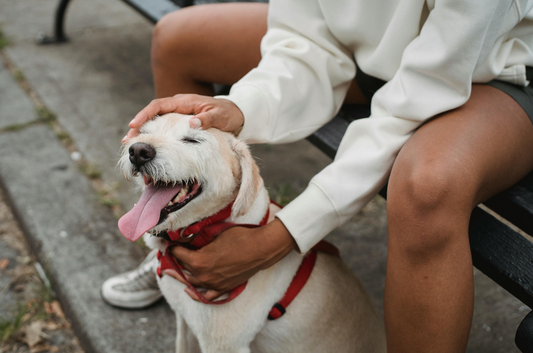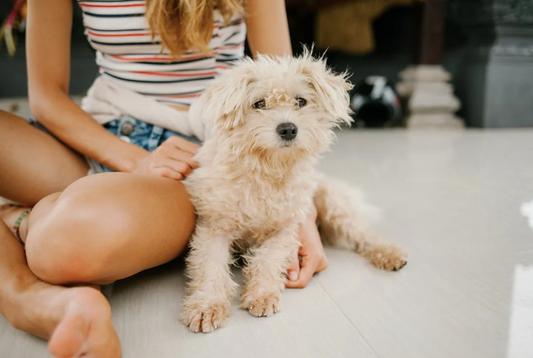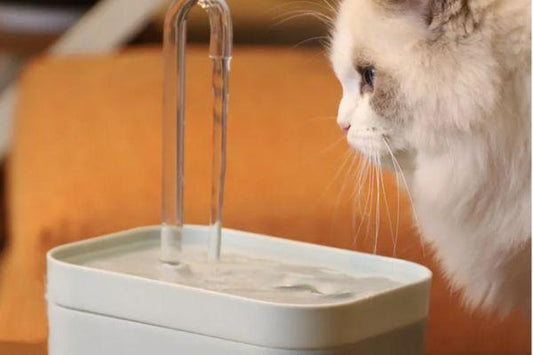Essential Budget Considerations for New Puppy Owners
Welcoming a puppy into your home is an exciting adventure, filled with joy and companionship. However, it's important to consider the financial responsibilities that come with pet ownership. Beyond the initial costs of adoption or purchase, there are several ongoing expenses that are crucial for your puppy's health, happiness, and well-being. Here’s a breakdown of what to expect and how to budget for these costs.
1. Veterinary Care
Routine veterinary visits are essential for vaccinations, health screenings, and preventative care. Budget for annual check-ups and vaccinations, as well as unexpected health issues or emergencies. Additionally, consider the costs of spaying or neutering and microchipping.
2. Food and Treats
High-quality puppy food is vital for proper growth and development. The cost can vary widely depending on the brand, ingredients, and your puppy’s size. Don’t forget to include treats in your budget, which are helpful for training and bonding.
3. Training and Socialization
Professional training classes are highly beneficial for teaching your puppy manners and obedience. Socialization classes can also help your puppy become well-adjusted and confident. These expenses can vary, so research local options and prices.
4. Grooming
Depending on your puppy's breed, grooming may be a significant expense. Even short-haired breeds require regular nail trims, ear cleaning, and baths. Budget for professional grooming services or invest in quality grooming tools to do it at home.
5. Pet Insurance
Pet insurance can help manage the cost of veterinary care, especially in the case of accidents, illnesses, or surgeries. Premiums depend on various factors, including coverage options and deductibles.
6. Accessories and Supplies
Puppies need a variety of supplies, including a bed, leash, collar, harness, toys, and a crate. These items can add up quickly, so consider them in your initial budget.
7. Ongoing Parasite Prevention
Protect your puppy from fleas, ticks, and worms with regular preventative treatments. These are essential for your puppy’s health and can prevent costly treatments for parasite-related diseases.
8. Unexpected Expenses
Always have a contingency fund for unexpected costs, such as emergency vet visits, replacement of chewed-up items, or additional training.
Conclusion
Preparing a budget for a new puppy ensures you can provide for their needs without financial stress. While the costs can add up, the joy and companionship a puppy brings to your life are priceless. By planning ahead and understanding the ongoing expenses, you can ensure a happy, healthy life for your new furry friend.







